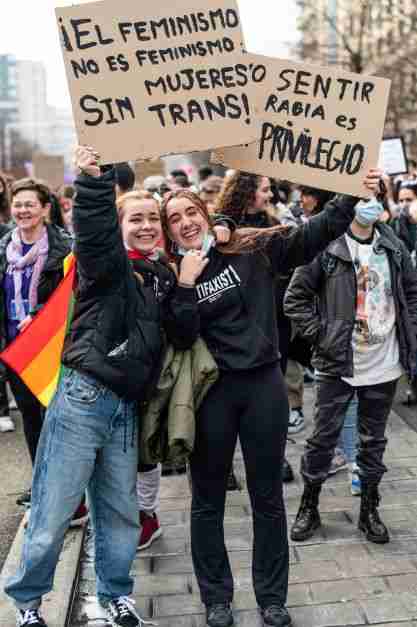Spain Has Passed A “Only Yes Means Yes” Law That Clearly Defines Rape As Sex Without Consent
Spain’s Congress has finally passed a piece of legislation known as the “only yes means yes” law, which states that lack of sexual consent is sufficient to prove sexual assault.
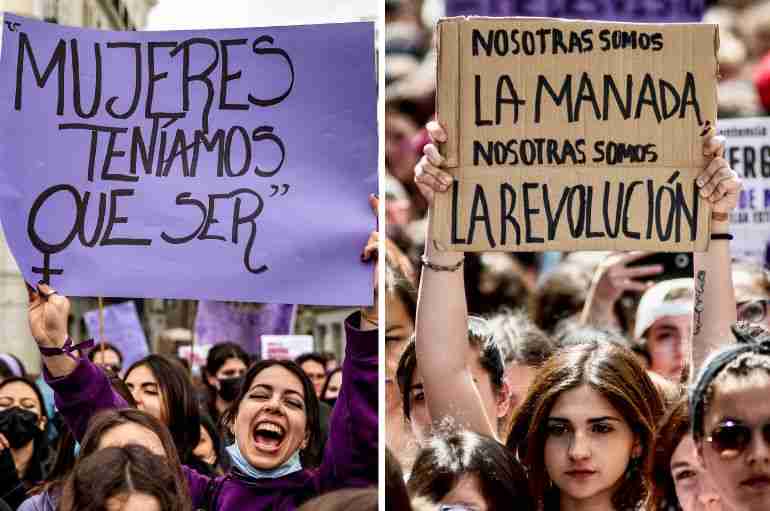
Spain’s Congress has finally passed a piece of legislation known as the “only yes means yes” law, which states that lack of sexual consent is sufficient to prove sexual assault.
The law came after a series of court cases in which five men were jailed for sexual abuse, and not rape, after they gang-raped an 18-year-old woman at the running of the bulls festival in Pamplona in 2016.
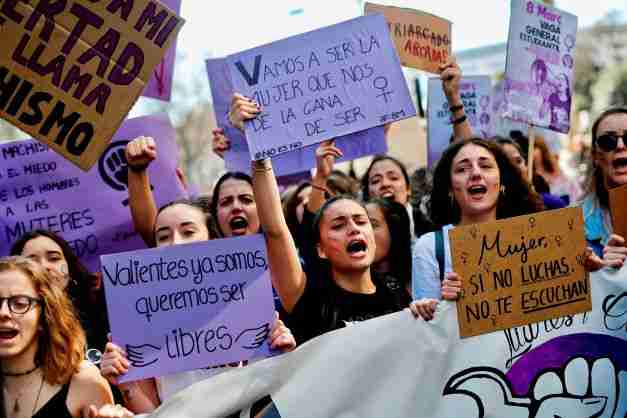
The men’s lawyer at the time had argued that the woman had consented because she was immobile and had her eyes closed in the video taken by one of the men.
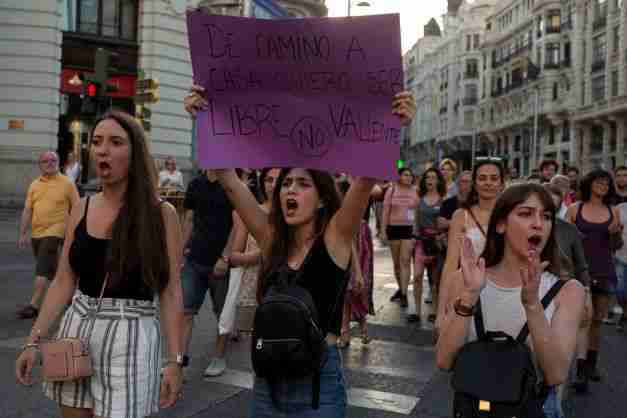
Before, Spanish law stated victims of sexual assault had to prove either intimidation, violence, or resistance had happened during the event for it to be considered sexual assault.
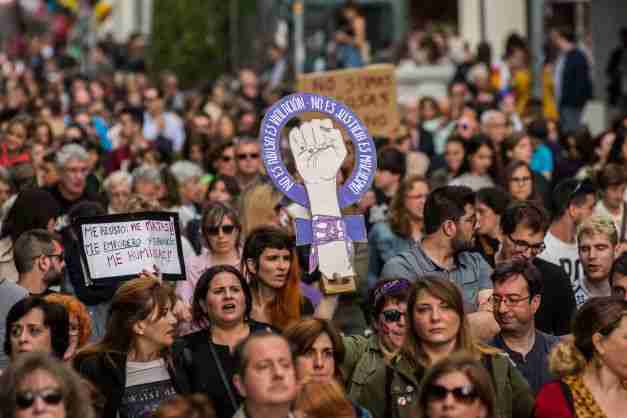
The “only yes means yes” law expands the definition of aggression in sexual assault to lack of consent, which is defined as the clear expression of someone’s will.

Perpetrators of non-consensual penetrative sex can face up to years 15 years in prison, while sexual assault without penetration can lead to eight years in prison.

Street harassment that leads to humiliation, hostility or intimidation of a person will be penalized, as well as sharing images taken without consent and that seriously undermine a person’s privacy.

The legislation also seeks to establish special courts and 24-hour crisis centers for victims of sexual offenses, as well as increase jail penalties for work-related sexual harassment and make street harassment a criminal offense, according to the Guardian.
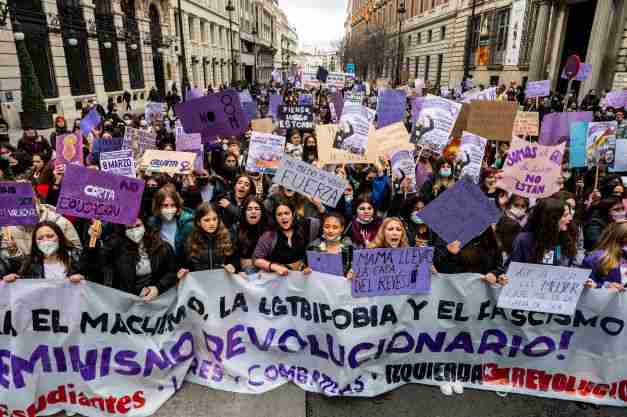
With 205 votes in favor and 141 against, mostly from the conservative People’s Party(PP) and far-right Vox party, the law was passed on August 25.
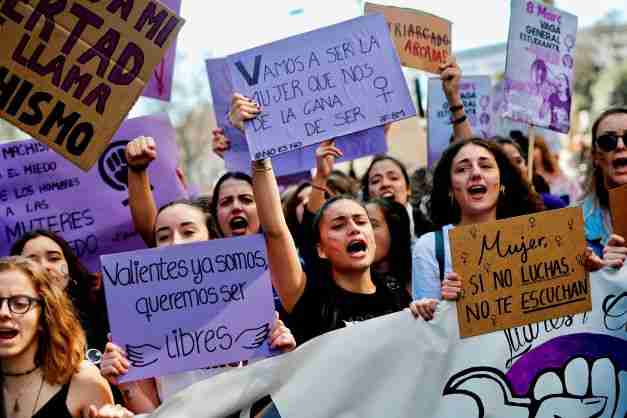
“It’s a victorious day after many years of struggle. From now on no woman will have to prove that violence or intimidation was used for it to be recognised for what it is,” equality minister, Irene Montero said, according to the Guardian.
The government has set aside 66 million euros to guarantee the rights of victims of sexual assault and expects to open up at least 50 of the 24-hour crisis centers by 2023.
